Are you a parent struggling to find effective and natural ways to alleviate your toddler’s discomfort caused by diarrhea? Look no further! This article will unveil the five best home remedies for diarrhea in toddlers. With these simple yet powerful solutions, you can provide quick relief for your little one while avoiding harsh medications. So, let’s dive into the realm of gentle remedies that will help your toddler bounce back to health in no time.
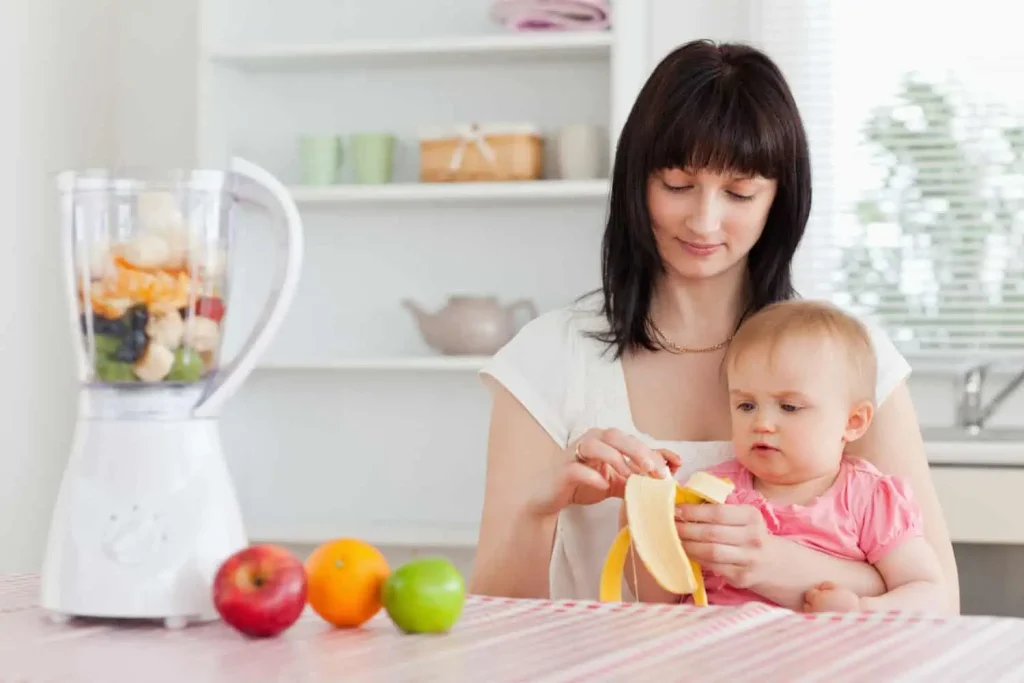
Understanding Diarrhea
Diarrhea is the natural response of the body to remove harmful or toxic substances from the body. Diarrhea helps in flushing away viruses and bacteria present in the GI tract.
Symptoms of diarrhea are frequent, loose, and watery stools. It may be caused by
- Bacterial or viral infections
- Food allergies
- Dietary changes
- Inflammatory bowel disease
Diarrhea in children is usually mild and can be managed at home with proper care and treatment. If your child suffers from diarrhea, offer him adequate hydration and nutrition. Otherwise, dehydration may cause serious consequences.
What are the Causes of Diarrhea in Toddlers?
There are many causes of diarrhea, and most common ones are:
• Infectious diarrhea: Bacteria and parasites are common cause of infectious diarrhea. This type of diarrhea is common in poor countries and can be severe if untreated.
• Diarrhea due to Antibiotics: This diarrhea occurs when some beneficial microorganisms are destroyed by antibiotics in the gut. This results in an increased number of bad bacteria in the colon. It can occur in 30% of children who take antibiotics.
• Traveler’s diarrhea: This results when your child is exposed to different microorganisms from travelling to a new place. Traveler’s diarrhea can affect up to 60% of travelers
• Diarrhea due to C. difficile: This causes severe infection and results in bloody diarrhea and inflammation in the colon. C. difficile diarrhea is common in hospitals as well. This type of diarrhea is also common after a course of antibiotics.
• Diarrhea due to inflammatory bowel disease (IBD): This is a persistent disease that results in inflammation and ulcers in the GI system. It includes
- Ulcerative colitis
- Crohn’s disease
Food Allergies or Intolerances— Intolerance to specific foods or ingredients can also cause diarrhea in children. The typical examples include sensitivities to lactose, gluten, or certain foods.
Changes in Diet–Introducing new foods or sudden changes in a toddler’s Diet can disrupt their digestive system, resulting in diarrhea. The change from breastfeeding to solid foods can also cause temporary changes in bowel movements.
Signs and Symptoms

Recognizing the signs and symptoms of diarrhea in toddlers is crucial for timely intervention and management. Common symptoms include:
– Frequent loose or watery stools
– Abdominal cramps or pain
– Nausea or vomiting
– Fever or elevated body temperature
– Loss of appetite or decreased interest in food
-Dehydration symptoms, such as a dry mouth and sunken eyes or decreased urination
When to Seek Medical Help?
Most cases of diarrhea in toddlers can be managed at home with proper care. But there are some circumstances when medical attention is necessary.
Monitor your toddler’s condition closely, and in case of any of the following symptoms, seek medical attention:
– Persistent diarrhea lasting more than 24 hours or worsening symptoms
– Severe dehydration, indicated by sunken eyes, dry mouth, lethargy, or decreased urine output
– Black, tarry faeces or the presence of blood in the stool
– High fever (above 102°F or 38.9°C)
– Signs of severe abdominal pain or discomfort
– Signs of an underlying medical condition or weakened immune system
Call a healthcare professional for appropriate guidance and treatment if you have concerns about your toddler’s well-being and observe any of these signs.
Home Remedies for Diarrhea in Toddlers
1. Fluid Replacement:
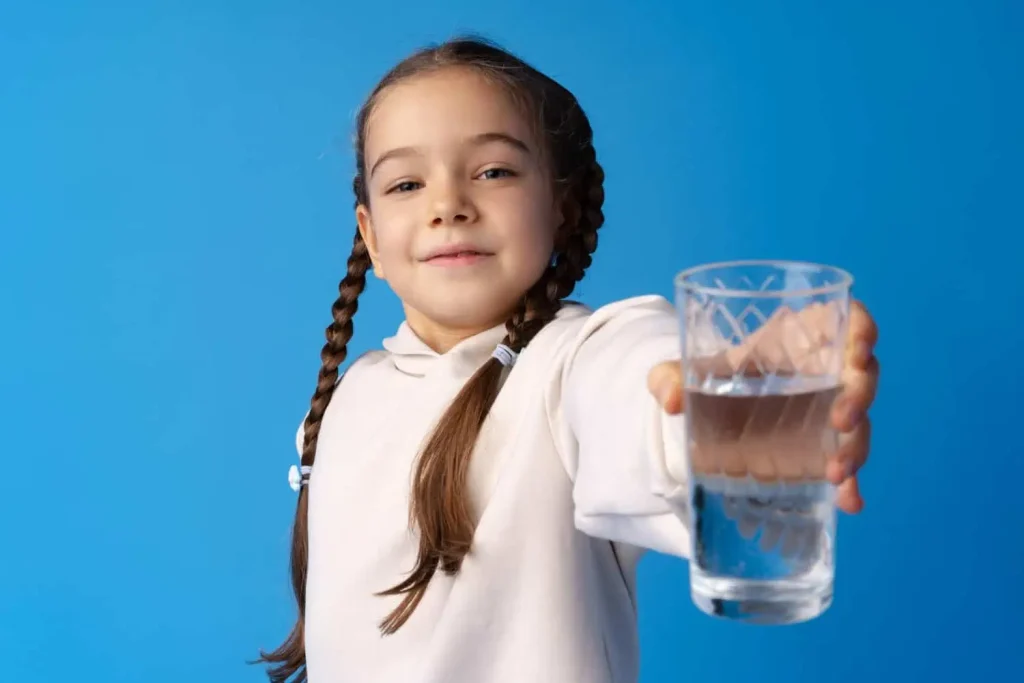
Maintaining proper hydration is crucial during diarrhea in toddlers. Encourage your child to consume ample fluids, including water, oral rehydration solutions (ORS) including homemade Pedialyte, diluted fruit juices, or clear broths. Avoid sugary drinks or carbonated beverages, as they can worsen diarrhea. Offer small, frequent sips of fluids throughout the day to prevent dehydration.
2. Probiotics:

Probiotics are the beneficial microorganisms and yeasts found in your stomach and help with
- Digestion
- Immunity building
- Overall health
Additionally, they can defend against dangerous infections that cause diarrhea and balance the gut microflora.
How Probiotics Work for Diarrhea in Toddlers
Probiotics restore and maintain the normal microflora in your child’s gut. This balance is disrupted by
- Antibiotics
- Infections
- Stress
This disruption between good and bad bacteria makes your child susceptible to diarrhea-causing pathogens. Probiotics prevent and treat diarrhea by:
– Competing with harmful bacteria for nutrients and space in the gut.
– Boosting the immune system and enhancing its response to infections.
– Modifying the environment of the stomach to make it less favorable for pathogenic activity.
– Producing substances that inhibit or kill harmful bacteria.
– Enhancing the intestinal barrier function and preventing toxins from entering the bloodstream.
Research demonstrates that probiotic supplements can assist in recovering your child within a day or two. Probiotics can also prevent further diarrhea and improve your child’s quality of life.
Foods Rich in Probiotics
Different strains of probiotics can treat different types of diarrheas. It depends on how they affect the stomach. Although there are many pharmaceutical products in the market that contain probiotics. But many foods are rich in probiotics, including
- Yoghurt
- Kefir
- Sauerkraut
- Kimchi
- Miso
- Tempeh
- Kombucha
- Pickles
What are Different Types of Probiotics for Pediatric Diarrhea
The following are some of the top probiotics for diarrhea in toddlers:
– One of the probiotics for diarrhea that has been the subject of the most significant research is Lactobacillus rhamnosus GG (LGG). This helps prevent and treat
- Infectious diarrhea
- Antibiotic-associated diarrhea
- Traveler’s diarrhea
- C. difficile-associated diarrhea in children.
– Saccharomyces boulardii (Sb): Research has shown that this probiotic yeast can treat and prevent
Infectious diarrhea
Antibiotic-related diarrhea
Traveler’s diarrhea
Diarrhea associated with C. difficile
– Bifidobacterium lactis (Bl): This probiotic helps to protect the gut and the immune system. It might considerably lessen both the severity and frequency of diarrhea in kids.
Probiotic Lactobacillus reuteri (Lr): It is an anti-inflammatory and anti-infective agent. It could alleviate infantcolic symptoms and prevent infectious diarrhea.
For treating pediatric diarrhea, a variety of probiotics may be helpful. Speaking to your doctor before giving your child any probiotic supplement would be best. Before giving them any probiotic supplements, check with your doctor.
3. BRAT Diet:
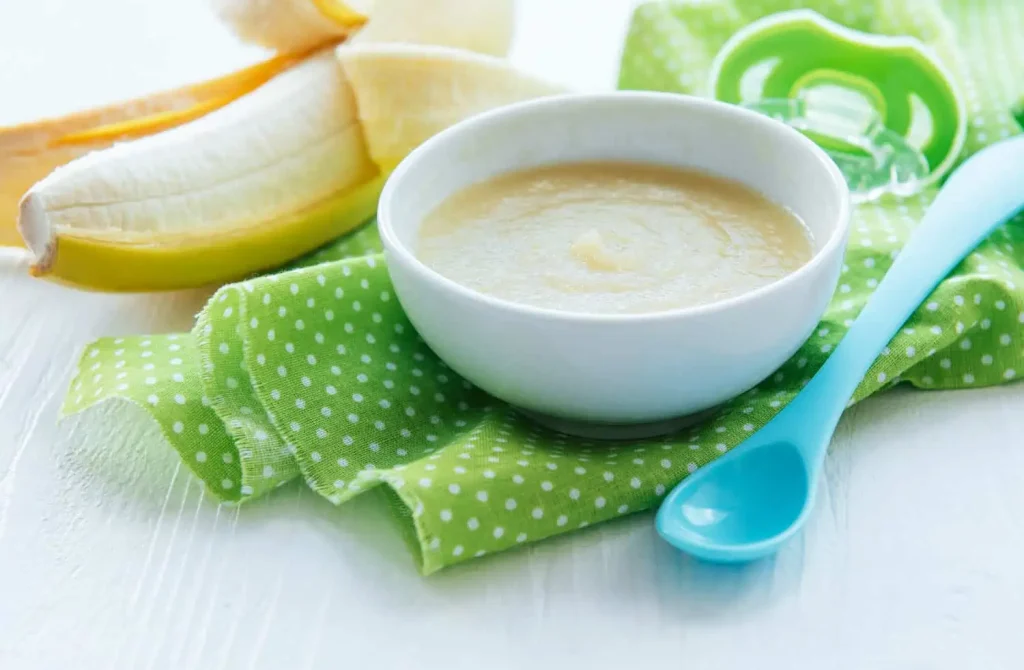
The BRAT diet was developed in 1926 to assist kids in overcoming episodes of diarrhea, nausea, and vomiting brought on by gastroenteritis or other ailments.
There are just four foods allowed on the BRAT diet:
– Bananas: These potassium-rich fruits might help restore electrolytes lost due to diarrhea in toddlers. Additionally, they contain pectin, a type of fiber that can aid with stoma binding and lessen fluid loss.
– Rice: This grain has a low fiber content but a high starch content that can help absorb excess water in the gut and thicken stools. Rice offers some energy-boosting carbs as well.
– Applesauce: This dish can aid made from stewed apples, which are high in pectin and can firm up the stools. Applesauce also contains antioxidants and vitamin C, which help the immune system.
– Toast: To make it simpler to digest, this cuisine is created from bread that has been lightly toasted. Additionally, toast offers some energy-boosting carbs and B vitamins.
You should only adhere to the BRAT diet for 2-3 days. The theory behind these foods is that they will aid in easing diarrheal symptoms and promote intestinal healing. After healing symptoms, give your child healthy and nutritious diet.
4. Herbal Remedies
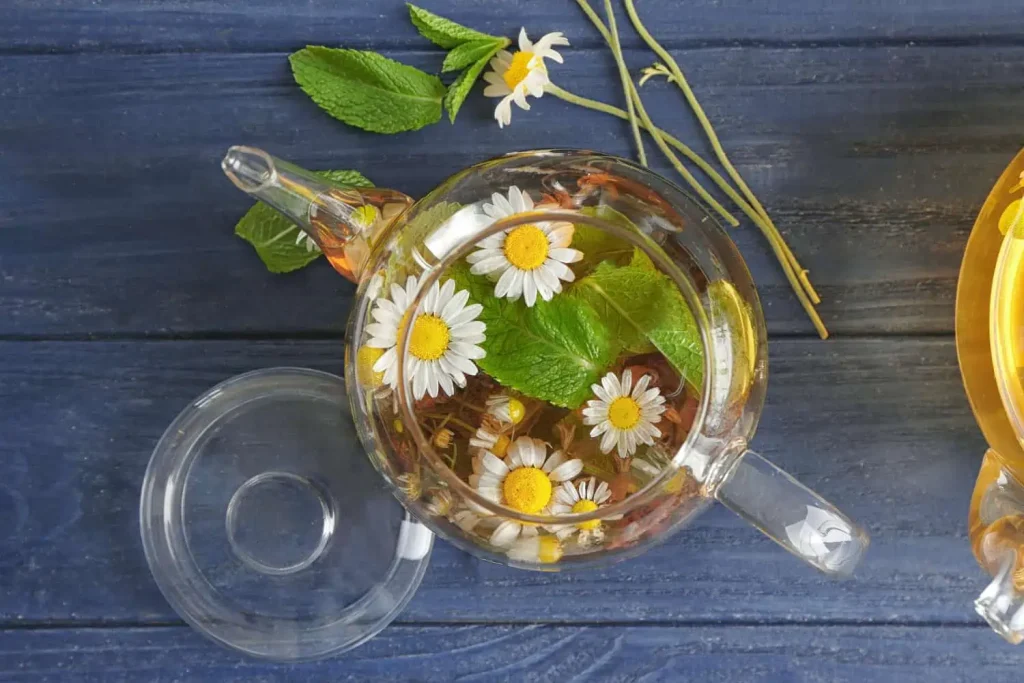
There exist several herbal medicines that claim to provide treatment for diarrhea in toddlers. However, not all of these solutions have been validated for efficacy or safety for children. The subsequent herbal treatments are commonly utilized for pediatric diarrhea:
- Chamomile: This flowering herb contains spasmodic and anti-inflammatory qualities. Chamomile tea may ease stomach discomfort and lessen diarrhea-related cramping and pain1. Children older than six months can typically consume chamomile tea safely. You may give your child a quarter to half cup of chamomile tea 3 times daily.
- Ginger: Ginger has antibacterial and anti-inflammatory properties as a root. Ginger may lessen diarrhea-related nausea and vomiting. Try ginger tea or ginger ale to make your kid’s tummy feel better. However, some people may get heartburn or discomfort from ginger. For kids older than 2, ginger is generally safe. You can give your child 1/4 to 1/2 teaspoon of ginger powder 3 times daily.
- Peppermint: It has carminative and antispasmodic effects. Intestinal muscles may be relaxed, and gas and bloating brought on by diarrhea may be reduced with peppermint3. Your child’s discomfort may be reduced by peppermint tea or oil. However, some people may get allergic reactions or heartburn when they consume peppermint. Over five-year-olds can normally consume peppermint without harm. You can give the child a quarter to half a cup of peppermint tea thrice daily. Also, rub your child’s tummy with a dilution of peppermint oil with carrier oil.
- Podophyllum: This plant has anti-inflammatory and antidiarrheal properties. Podophyllum could lessen diarrhea’s frequency and severity4. Homeopathic Podophyllum is offered as a liquid or tablet method of treatment. But large doses of podophyllum may also result in
- Nausea
- Vomiting
- Stomach pain
- Liver damage
Do not use podophyllum, f your child is under 12 years old. Only administer podophyllum to your child with a homoeopathic doctor’s approval.
What Precautions Must Be Taken When Using Herbal Treatments for Diarrhea in Toddlers?
While certain herbal medicines may help with diarrhea in toddlers, they may have some dangers and potential adverse effects. Children using herbal remedies for diarrhea should be treated with caution. Always consult your child’s physician before administering any herbal remedies or supplements.
- Read the directions for dose and administration on the label or those provided by your child’s physician or homoeopath.
- Unless directed otherwise by your kid’s doctor or a homoeopathic practitioner, never give your child more than one herbal treatment at a time.
- Observe how your child’s symptoms alter when the herbal medicine wears off. You should stop using the herbal remedy for your child’s diarrhea if it gets worse, doesn’t get better in 48 hours, or if your child shows indications of dehydration or an allergic response. You should also seek medical help right once.
The herbal remedies should be kept out of the reach of kids and animals in a cool, dry place.
5. Hygiene Practices
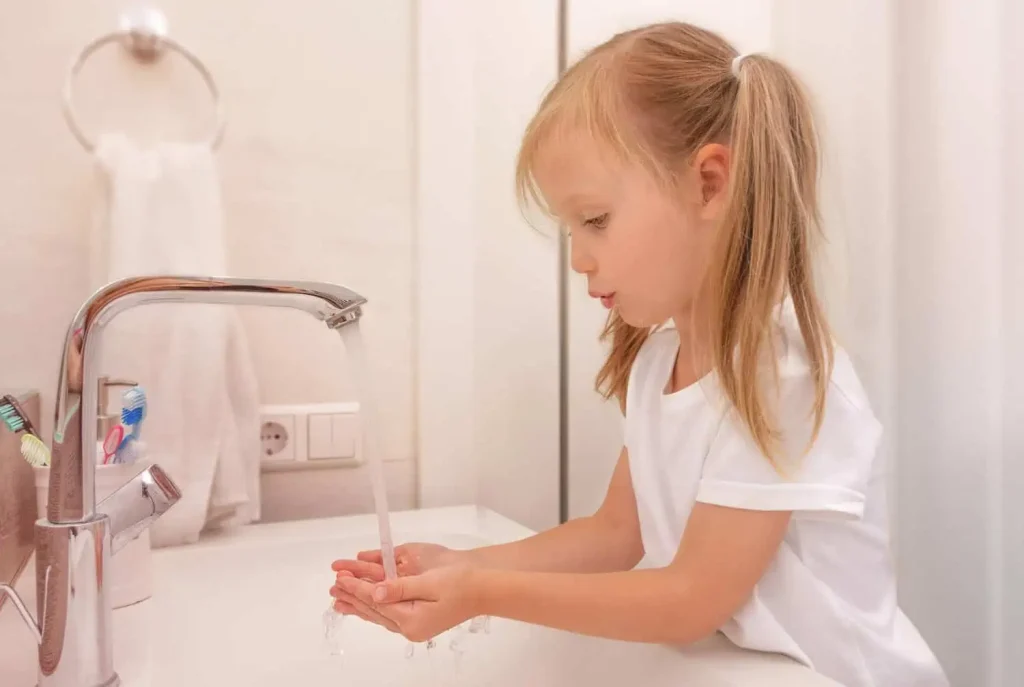
Hygiene practices are actions aimed at preserving cleanliness and preventing the transmission of disease-causing germs.
How Hygiene Practices Can Prevent Diarrhea in Toddlers
Hygiene practices can help prevent diarrhea in toddlers by:
– Reducing the exposure to infectious agents that cause diarrhea, such as
- Bacteria
- Viruses
- Parasites
These agents can be transmitted through contaminated food, water or from person to person through the faecal-oral route.
– Enhancing the immune system and its ability to fight infections that cause diarrhea. Hygiene practices can help boost the immune system by preventing malnutrition, promoting breastfeeding, and supporting vaccination.
– Improving gut health and its function to digest food and absorb nutrients. Hygiene practices can help improve gut health by preventing inflammation, maintaining a balanced gut microbiota, and avoiding irritants.
What Are Some Hygiene Practices to Prevent Diarrhea in toddlers?
Some of the most important hygiene practices to prevent diarrhea in toddlers are:
– Access to clean water for drinking: The water should be clean and uncontaminated to prevent diarrhea in toddlers. You ensure clean water sources such as
- Piped water
- Boreholes
- Protected wells or springs
- Rainwater harvesting
- Bottled water
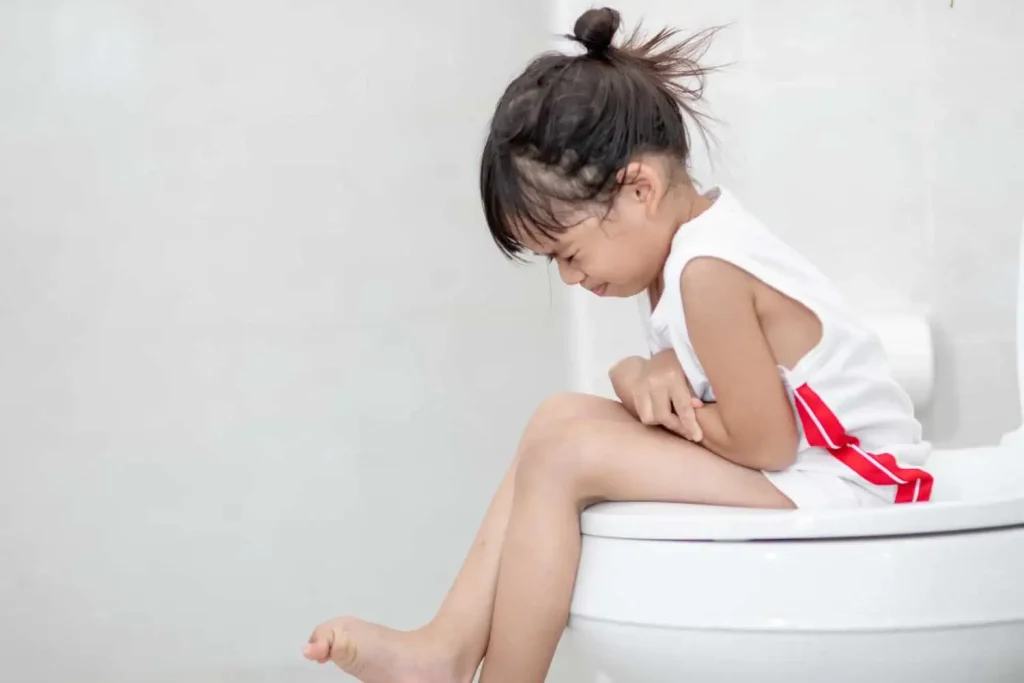
You can also treat water at home by
- Boiling
- Filtering
- Chlorinating
- Solar disinfection
– Use of improved sanitation: Using toilets or latrines that safely dispose of human faeces is crucial for preventing diarrhea in toddlers. You can use improved sanitation facilities such as
- Flush toilets
- Ventilated improved pit latrines (VIPs)
- Composting toilets
- Biogas toilets
– Hand washing with soap: Hand washing with soap and water is one of the easiest and most effective methods to stop diarrhea in toddlers.
You should wash your hands
- Before preparing or eating food
- After using the toilet or changing diapers
- After handling animals or animal waste
- After touching garbage or contaminated surfaces
- After caring for someone who is sick
Also, teach your children about the proper method of hand washing. Make sure that they have access to water and soap.
Breastfeeding exclusively for the first six months: It is beneficial for preventing diarrhea in toddlers. Human breast milk is a complete source of nutrition for infants.
Breast milk also contains antibodies and probiotics to protect your baby from infections. You should avoid giving your baby any other foods or liquids before 6 months, including.
- Water
- Juice
- Cow’s milk
– Good personal and food hygiene: Keeping yourself and your child clean and avoiding contact with germs that cause diarrhea is essential for preventing diarrhea in children.
1. You should bathe yourself and your child regularly.
2. Keep your nails trimmed and clean.
3. keep your clothes, bedding, and household items clean and disinfected.
4. You should also practice good food hygiene by adequately washing and peeling fruits and vegetables.
5. Cook food thoroughly and then store it safely.
6. Avoid eating raw or spoiled food.
– Health education about how infections spread: Educating yourself and your child about how infections spread. Teach your kids how to prevent the spreading of diarrhea in children. It would help if you learned about the common causes and symptoms of diarrhea.
You should also teach your child about these topics in a simple and age-appropriate way. Encourage them to pose inquiries and voice concerns.
Conclusion
Diarrhea in toddlers can be a challenging experience. Still, it can be effectively managed with the proper care and home remedies. Remember to prioritize hydration, provide probiotics to restore gut health, incorporate the BRAT diet, consider herbal remedies cautiously, and maintain proper hygiene practices. However, always consult a healthcare professional for appropriate guidance, especially if symptoms persist or worsen.
FAQs (Frequently Asked Questions)
1. Is it safe to administer over-the-counter antidiarrheal medications to a toddler?
Administering OTC antidiarrheal medications to toddlers without seeking advice from a healthcare professional is not advisable. The administration of these medications may result in adverse effects and may not be appropriate for pediatric patients.
2. How can I prevent dehydration in my toddler during diarrhea?
Encourage your toddler to drink fluids frequently, including oral rehydration solutions (ORS), water, and diluted juices. Offer small, frequent sips to prevent dehydration. Consult a healthcare professional for additional direction if you see any sign of dehydration, such as decreased urination, drinking less water or lethargy.
3. Are there any dietary restrictions that should be observed during a toddler’s diarrhea?
It is advised to avoid Greasy or fried foods, spicy foods, dairy products, and high-fiber foods during diarrhea. Stick to bland, easily digestible foods until your toddler’s symptoms improve.
4. Can I use probiotics for my toddler without consulting a doctor?
Probiotics are beneficial for diarrhea, but always Consult a pediatrician before administering them to your infant. The doctor can recommend an appropriate probiotic strain and dosage per your child’s needs.
5. How long does diarrhea typically last in toddlers?
Most bouts of diarrhea in toddlers only last a few days and dissipate without treatment. However, medical assistance should be sought if it is longer than one week or accompanied by severe symptoms.
Disclaimer: The objective of this post is to provide information only, and it should not be taken as legal advice or a substitute for professional medical advice. Consult a qualified medical professional for appropriate diagnosis and treatment of diarrhea in toddlers at all times.


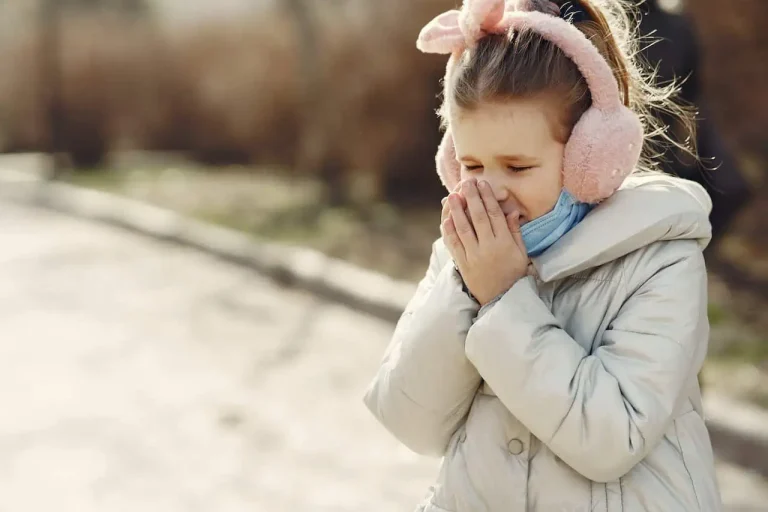

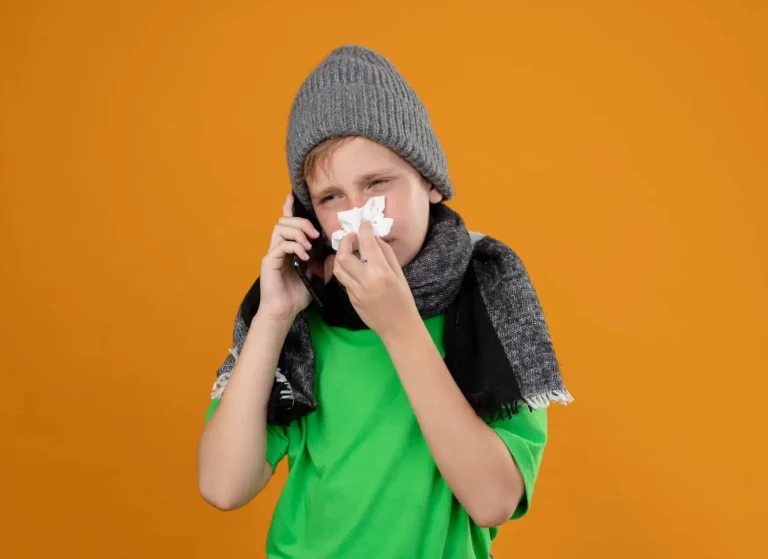
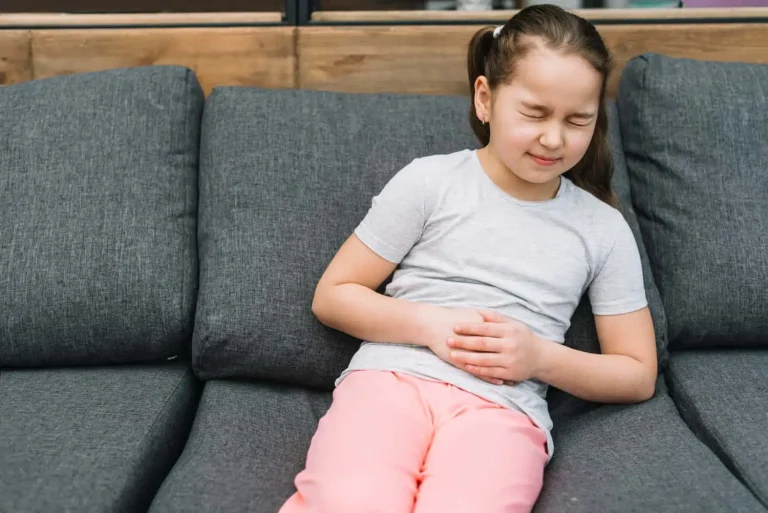
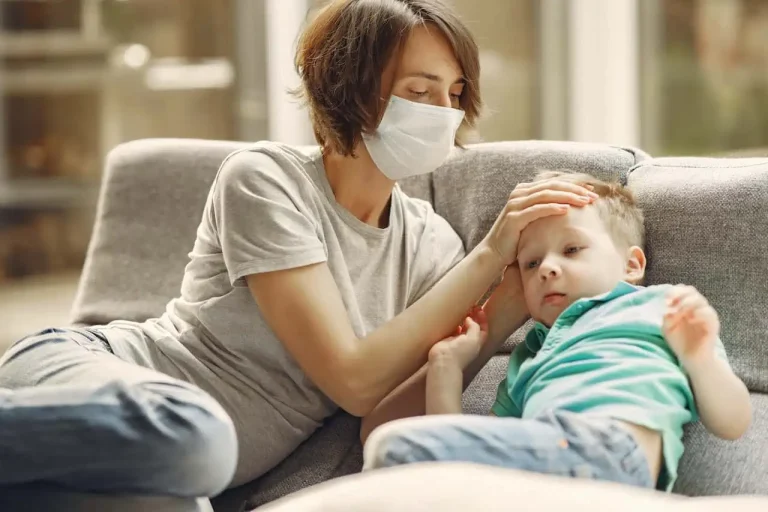
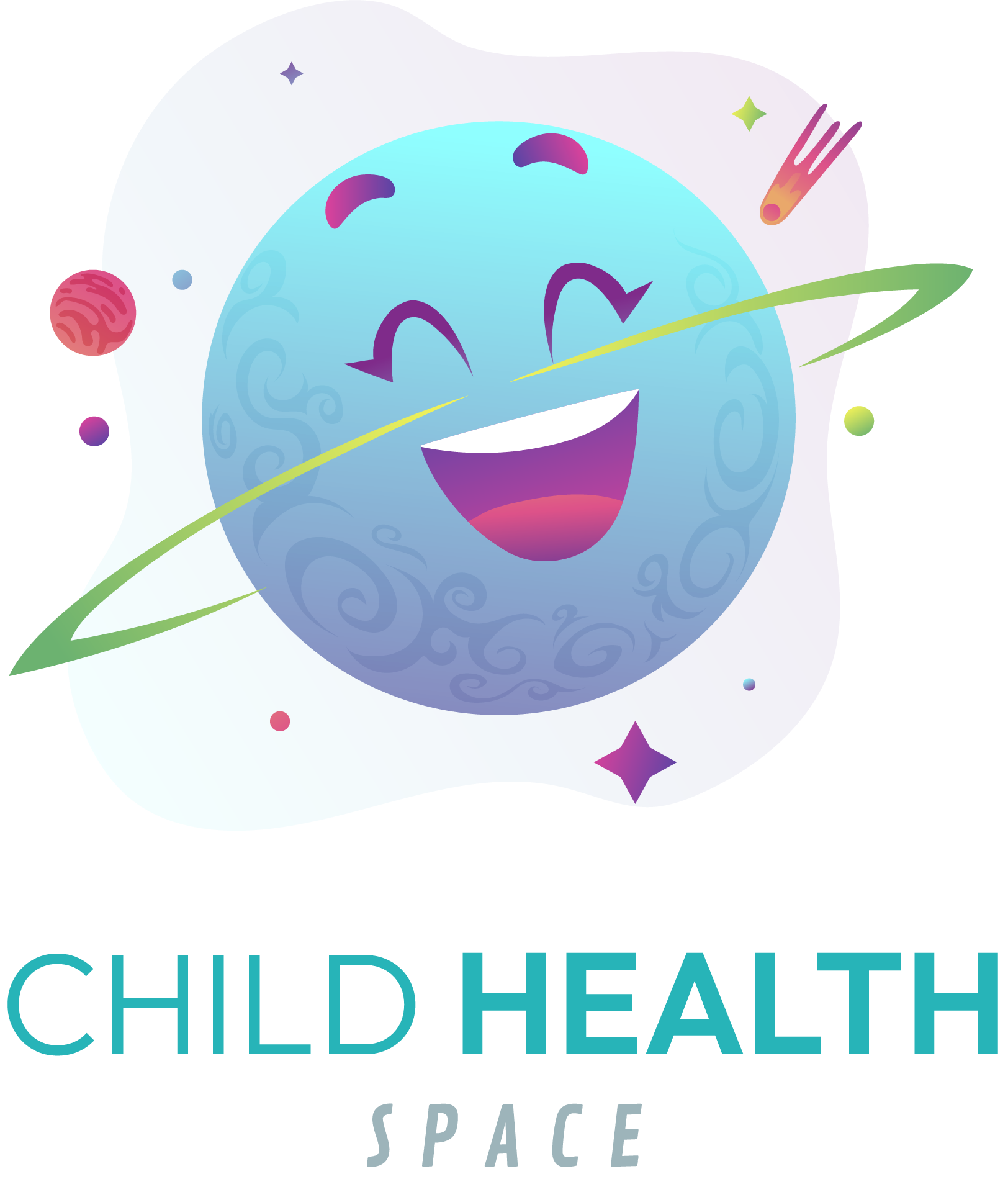
3 thoughts on “Gentle and Safe: 5 Best Home Remedies for Diarrhea in Toddlers”
I’m gone to convey my little brother, that he should also
visit this web site on regular basis to get updated from latest news. https://odessaforum.Biz.ua/
Great post. I used to be checking continuously this weblog and I’m
inspired! Very helpful information speccifically
the last section 🙂 I deal with such info much. I was seeking this particular
info foor a very lengthy time. Thanks andd best of luck. https://Zeleniymis.Com.ua
Great post. I ueed to be checking continuously this weblog and I’m
inspired! Very helpful information specifically the last section 🙂 I deal with such
info much. I was seeking this particular info for a very
lengthy time. Thanks and best of luck. https://Zeleniymis.Com.ua